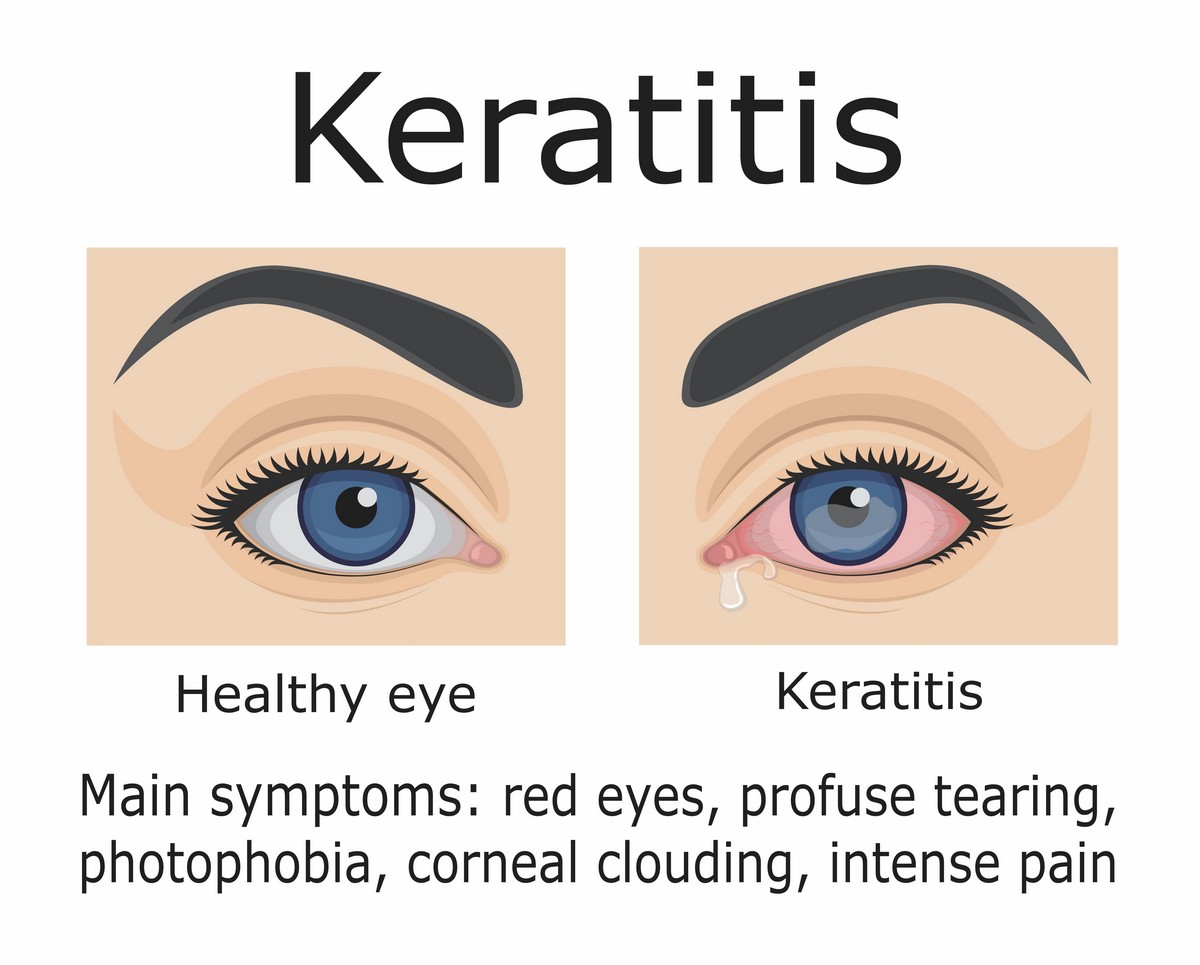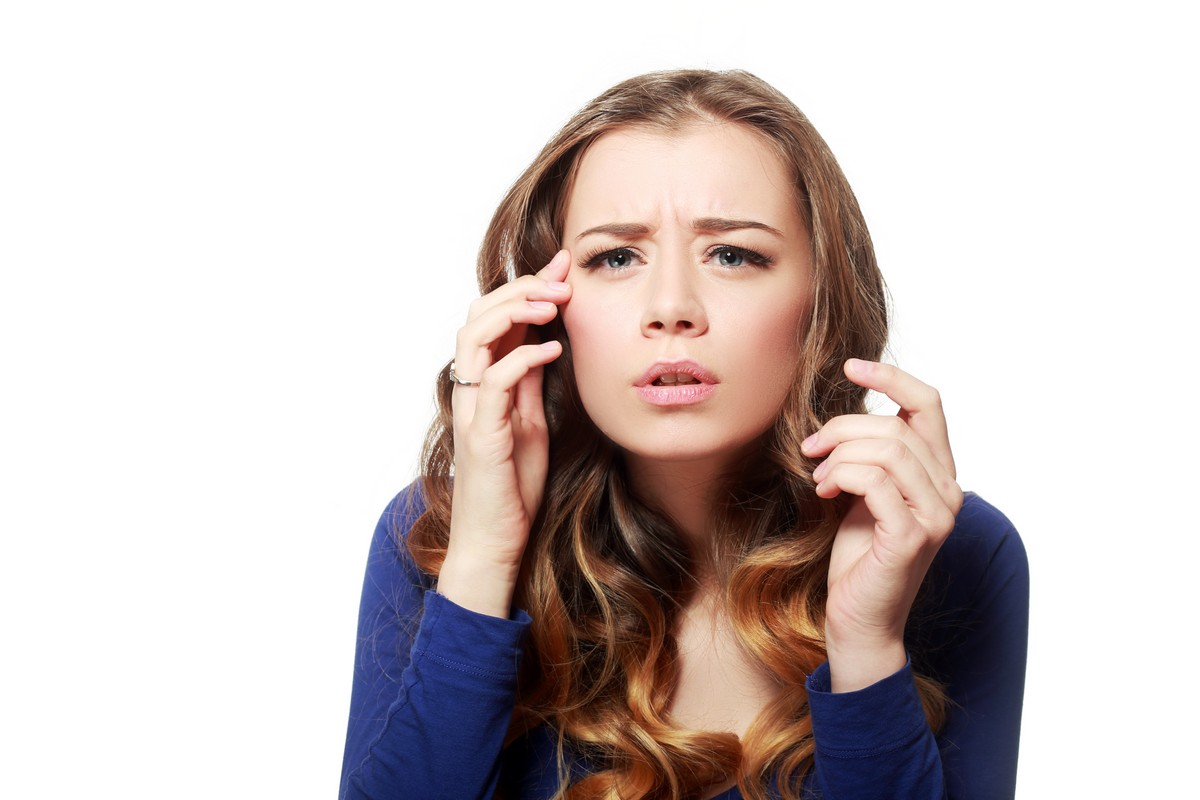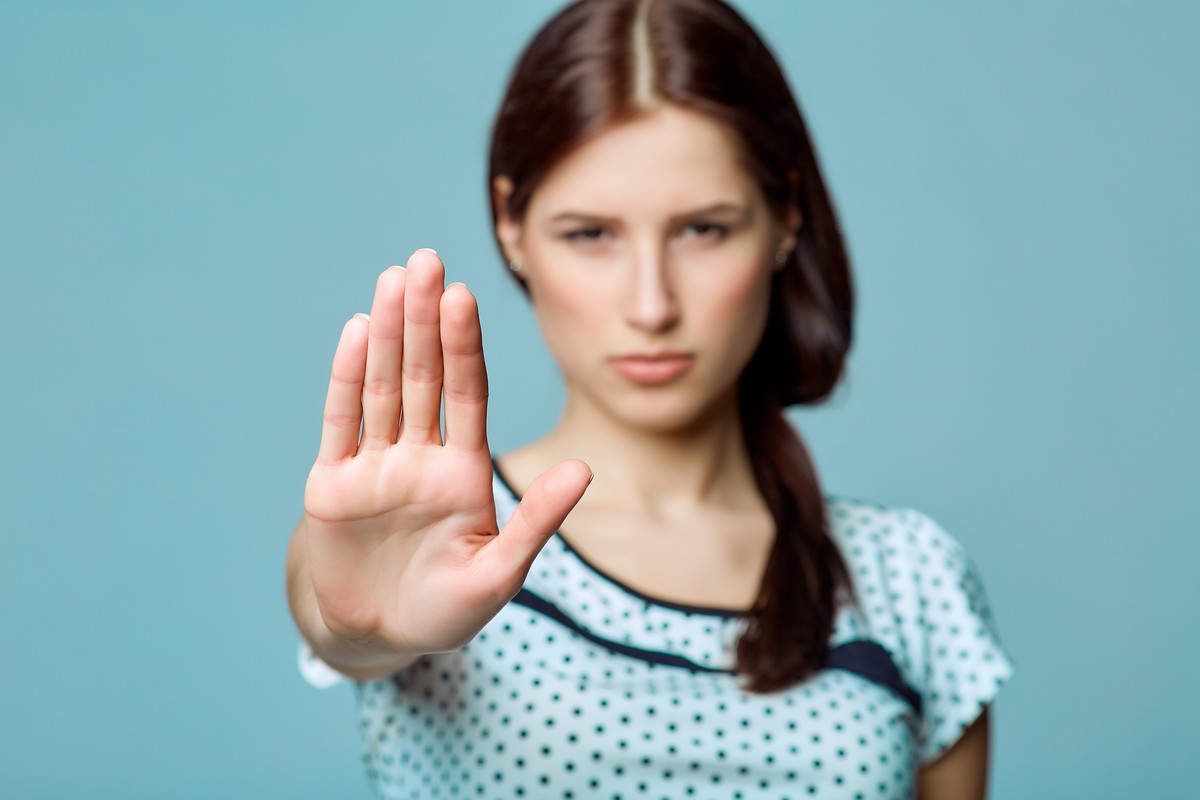Common Contact Problems and How to Overcome Them

Your contact lenses should be comfortable. Ideally, you can slide them in easily and wear them all day and night. But as you probably already know, contact lenses can come with some problems.
Some contact wearers experience discomfort and irritation, especially when they first start wearing contacts. But the lens itself can also be defective, which can put your eyes at risk. While discomfort is common, it's also best not to ignore these symptoms.
What kind of problems arise from contact lens wear? Some are slight inconveniences and others are serious ailments. Here are common contact problems and how to prevent them.
Dry Eye Syndrome
Do you know why you tear up, even when you're not emotional? It’s because your eyes need lubrication. And they get lubricated by producing tears.
Your eyes still need lubrication while wearing contacts, which is why a lot of people use moisturizing drops. But sometimes, this isn't enough.
Your contacts can stop the tear ducts from developing tears. This causes dry eyes. Dehydrated eyes can be a minor inconvenience, but they can also become a serious infection. Your eyes will feel uncomfortable, even when you're not wearing the contact lenses.
In severe cases, there will also be a lack of oxygen transmission. The cornea needs oxygen. But there are no blood vessels in the cornea, so it needs to take oxygen from the environment. Bad contacts block oxygen from reaching the cornea, causing it to swell and even develop new blood vessels in the eye.
Dehydrated eyes also increase your risk of infection. Your tears wash out any impurities in the eye. Without tears, these impurities can cause an infection.

Causes and Treatments
If you suspect you have dehydrated eyes, you’ll be happy to know that medical attention isn't immediately necessary.
First, find the culprit. It isn't always your contacts. Environmental conditions, such as wind, can also dry out your eyes. Dry eyes are also a common side effect of oral contraceptives or alcohol intake.
Make some lifestyle changes if you suspect this is the cause. If you do believe your contacts are causing dehydration, decrease your wear time. Also, make sure to use eye drops consistently. If these steps don’t help, see your eye doctor.
Corneal Abrasion
One of the most common issues you can experience with contact lenses is a corneal abrasion. This occurs when foreign objects are stuck on your eye. Normally, you would blink these objects away, or your eyes would get rid of them by tearing up. But contact lenses can prevent this protective process.
If these objects are stuck on your cornea for too long, they can cause cuts and nicks. Corneal abrasions can also occur because of your contacts. Some contacts are naturally harder, risking cuts and nicks on the cornea.
Treatment
Minor cases of corneal abrasion will heal on their own. If you experience severe pain, you'll need to see your eye doctor. If left untreated, corneal abrasions can cause a corneal ulcer, which can threaten your vision.
Keratitis

Keratitis is the inflammation and infection of the cornea. If left untreated, it could affect your vision. Keratitis is often hard to spot. The most common symptoms are pain and light sensitivity.
You typically get keratitis when you don't clean your lenses often enough. This is especially true of soft lenses. Keratitis can also occur if the contact lens touches contaminated water.
If you suspect you might have keratitis, seek medical attention immediately. In some cases, you might need emergency care.
Conjunctivitis
If you don’t get keratitis while wearing unclean contact lenses, then you’ll likely get conjunctivitis.
Conjunctivitis, also known as pink eye, is an inflammation or infection of the membrane lining the inside of the eyelids, connected to the sclera.
The most common cause of conjunctivitis is wearing unclean or unsanitized lenses. But you can also get conjunctivitis if you handle your contacts with unclean hands.
Conjunctivitis symptoms include redness, burning, discharge from the eyes, and eyelids sticking together.
In most cases, the pink eye goes away on its own. Use a warm compress to treat any irritation. Thankfully, medical attention is only necessary in severe cases. It's recommended you stop wearing your contact lenses until your pink eye has cleared.
Blurred Vision

Blurry vision in one or both eyes can be serious. This is especially true if your vision is usually clear whenever you wear contacts.
Blurry vision in one or both eyes can be serious. This is especially true if your vision is usually clear whenever you wear contacts.
Many ailments cause blurry vision, but chief among them is glaucoma. It's known as the "silent disease" because symptoms don't appear until it's in its advanced state. Glaucoma puts lots of strain and pressure on the eyes, affecting vision. While contact lenses aren't a direct cause of glaucoma, they could increase the risks.
Corneal Edema
We mentioned before that your cornea needs oxygen. One of the most common issues that arise from a lack of oxygen is a corneal edema. This is the swelling of the cornea.
You can also get corneal edema from extended wear contacts. Common symptoms include hazy vision, halos around lights, seeing rainbow lights, and pain when taking your lenses in and out.
Keep in mind that experiencing some of these symptoms doesn’t mean you have a corneal edema. But if the symptoms persist, see your eye doctor.
If you believe you have corneal edema, you need medical attention. Corneal edema can result in infection or permanent scarring. The best way to prevent corneal edema is by wearing daily lenses instead of extended lenses. Also, refrain from wearing your contacts to bed.
Blepharitis
If your eyes get dehydrated too often, you might have blepharitis. Instead of water entering your eyes through tear production, there is too much oil. These are also known as "poor quality tears." Bacteria often accompanies oil production.
Fortunately, this isn't serious. Just keep a warm compress on your eyes and make sure you flush your eyes with a saline solution when you remove your contacts. If this doesn't treat blepharitis, talk to your doctor.
Don't Let Contact Problems Happen!

Many patients with bad eyesight prefer wearing contacts. Just be sure you know about common contact problems. You can avoid living with issues such as dry eye and blurred vision if you know how to take care of your body and get the correct diagnosis. Use this information to keep your eyes healthy while wearing contacts.
Are you looking for contacts online? We offer a full range of contact lenses for all wearers.